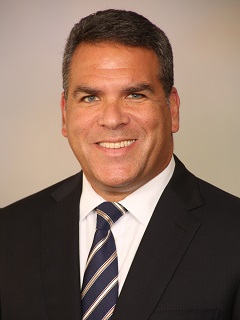May 2022
The SEC’s proposed changes to the Investment Company Act’s Names Rule, and enhanced disclosures related to ESG, are intended to bring investors enhanced transparency with regard to ESG strategies. The SEC is seeking to mitigate potential “greenwashing” by placing increased accountability on investment advisors to disclose, in sufficient detail, the investment process consistent with the name of a fund and investors’ expectations. The proposals are in line prior SEC’s Risk Alert, public statements and supervisory/enforcement focus relative to the importance of ESG fund transparency.
Investor Protections: SEC proposed Names Rule and ESG Investment Practices Disclosure
Two proposed rules intended to provide investors with more consistent, comparable information.

Share
Dive into our thinking:
Investor Protections: SEC proposed Names Rule and ESG Investment
Download PDFGet the latest from KPMG Regulatory Insights
KPMG Regulatory Insights is the thought leader hub for timely insight on risk and regulatory developments.
Explore more

Points of View
Insights and analyses of emerging regulatory issues and their impact.

Regulatory Alerts
Quick hitting summaries of specific regulatory developments and their impact.

Washington Report 360
A weekly newsletter covering legislative and regulatory developments affecting financial services firms—in 360 words or less.
Meet our team

Amy S. Matsuo
Principal, U.S. Regulatory Insights & Compliance Transformation Lead, KPMG LLP

Michael Sullivan
Principal, Advisory, FS Regulatory & Compliance Risk, KPMG US

Laurence Godin
Principal, Advisory, FS Regulatory & Compliance Risk, KPMG US
